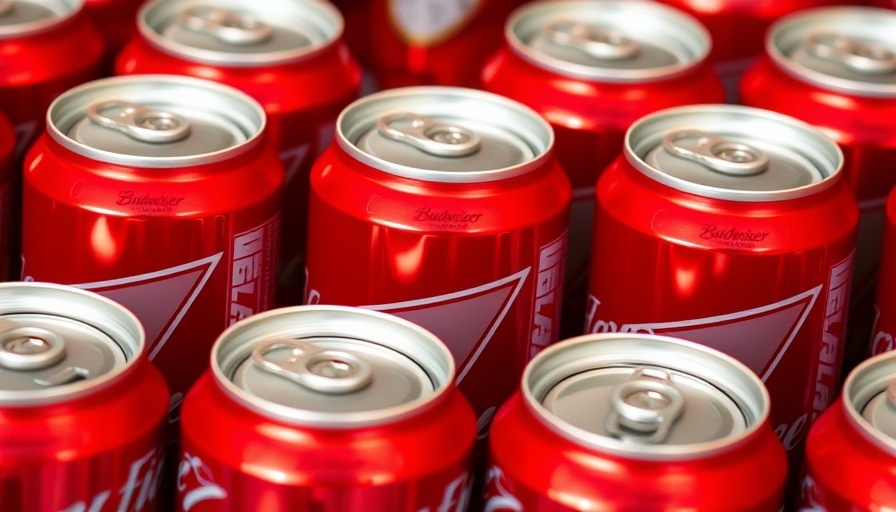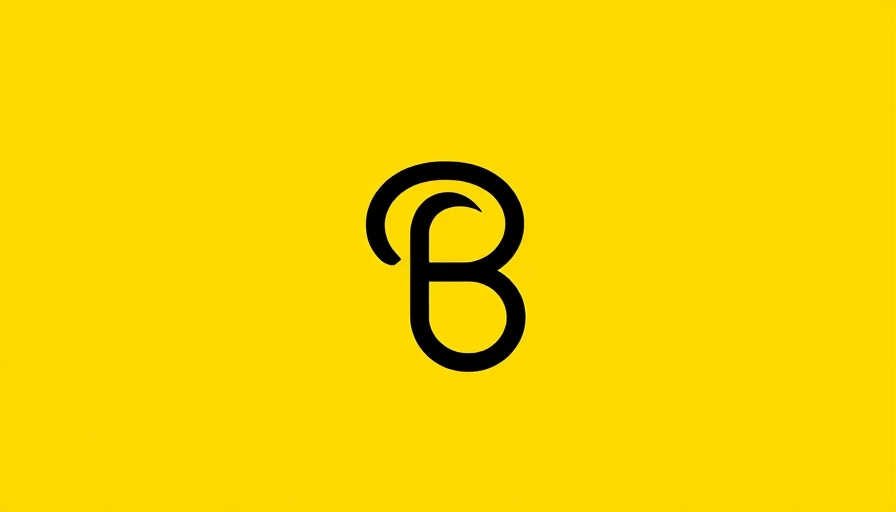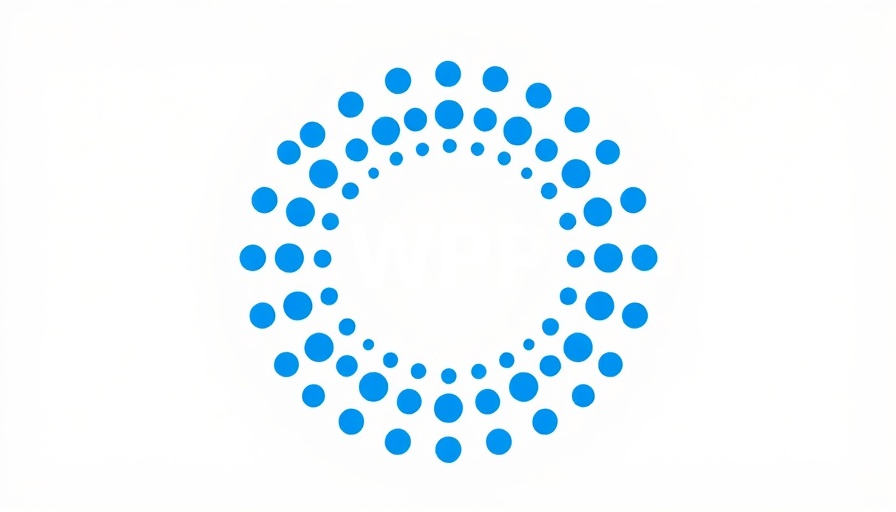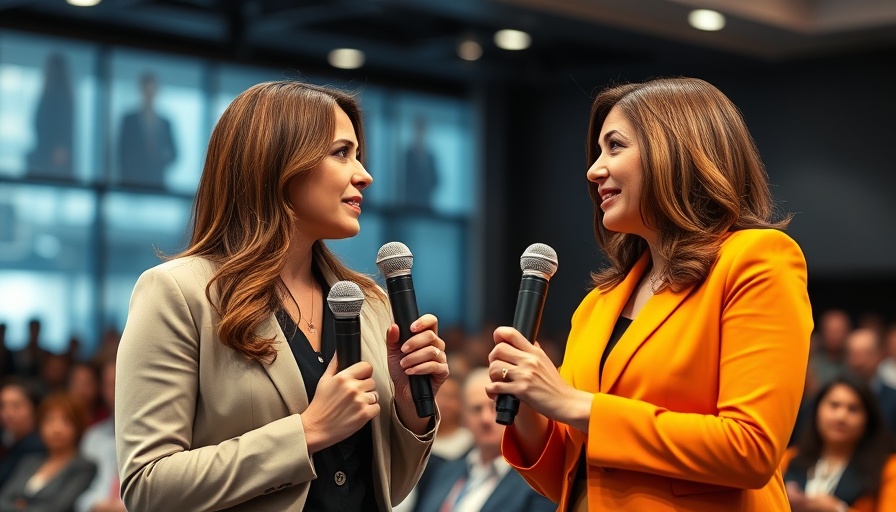
Budweiser's Strategic Move in Sports Sponsorship
In a significant strategic move, Anheuser-Busch InBev (AB InBev) is reinforcing its long-standing partnership with FIFA by sponsoring the FIFA Club World Cup through its flagship brands Budweiser and Michelob Ultra. This decision underscores AB InBev's commitment to aligning their brand with iconic sporting events and cultural moments, leveraging the growing global soccer audience. The tournament, set to take place across 11 U.S. cities in June 2025, promises to be an expansive competition featuring 32 teams from various soccer leagues, including renowned clubs such as Real Madrid and Manchester City.
Enhancing Fan Experience Through Brand Engagement
AB InBev’s sponsorship strategy is not just about visibility; it focuses on crafting memorable fan experiences. The beer behemoth aims to engage audiences by creating unique brand experiences across participant countries, delivering the prestigious ‘Player of the Match Award’, and amplifying tournament highlights. “Our brands are at the heart of meaningful cultural moments and iconic sporting events,” says Michel Doukeris, AB InBev’s CEO, emphasizing that this move continues their tradition of merging beer and sports for a unified fan celebration.
Relevance to Major Sponsorship Trends
The decision by AB InBev to back the Club World Cup aligns with broader trends in corporate sponsorship where major brands seek to deepen engagement with global audiences through sports. This comes at a time when brands are increasingly expected to deliver experiences rather than just products. Notably, this initiative follows AB InBev's expanded support for the 2023 Women’s World Cup and the upcoming 2026 Men’s World Cup, illustrating a strategic pivot towards gender-inclusive sports marketing. The saga of beer bans during the 2022 World Cup in Qatar also plays into their strategy, suggesting an agile marketing approach to unforeseen challenges.
Future Predictions and Trends
As broadcasting rights are yet to be finalized, with Apple once in contention for a $4 billion deal, the Club World Cup's media landscape remains open to technology-driven bidding wars. With the Club World Cup’s expansion, future trends may include an increase in media competition, where tech giants could potentially transform how global sports are consumed. Moreover, this collaboration serves as a harbinger for a more immersive fan engagement strategy, with technology playing a central role in delivering real-time, personalized sports content globally.
 Add Row
Add Row  Add
Add 




Write A Comment